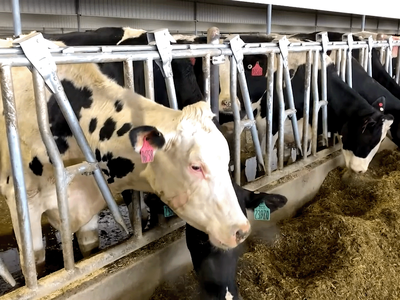Bee Friendly
With nationwide concerns about declining bee populations, we can all play a big role in protecting pollinators. It's a great time for all of us to take steps that will be "bee friendly" to a very important ally in the insect world. According to Rose Kachadoorian, an entomologist with the Oregon Department of Agriculture's Pesticides Program we should look very carefully at the pesticides that we use."So you'll want to read that pesticide label before you purchase the pesticide. If it says highly toxic to bees, do not apply while plants are in bloom, take that seriously. A lot of the companies that are marketing to homeowners have responded and they'll even say 'bee-friendly' and provide some directions for use. There's also a requirement by EPA that if there are any sort of bee restrictions or precautions, that's actually stated on the pesticide label."
An Oregon state University professor has also designed a bee app for your smart phone that tells which pesticides are most lethal for bees.
Often there is a question, should I buy or should I rent housing. In Seattle the answer is probably buy. Mynorthwest.com tells us that in Seattle after sifting through the range of viral online "best-of" lists — it seems it is currently cheaper to buy property than rent an apartment as the Emerald City continues to get more expensive to live in.
The annual-online-list is a data guru's favorite PR trick. You've seen them going viral on the Internet stating the top towns for this, or the worst areas for that. But Seattle frequently appears — so surprise here — on such line ups when it comes to how increasingly expensive the area is to live. Line a couple of those up and it becomes clear that it is now cheaper to buy property in Seattle than to rent an apartment.















